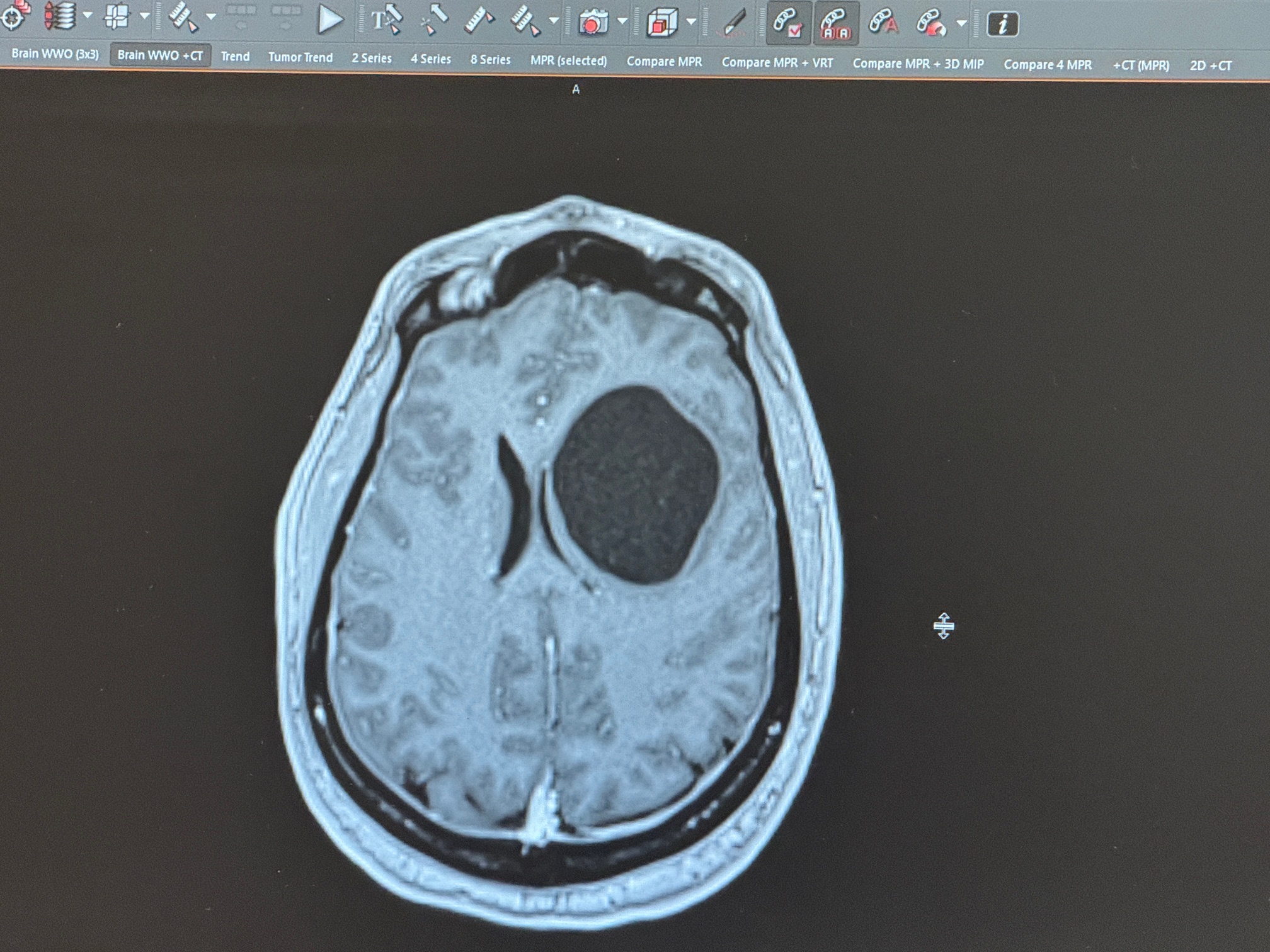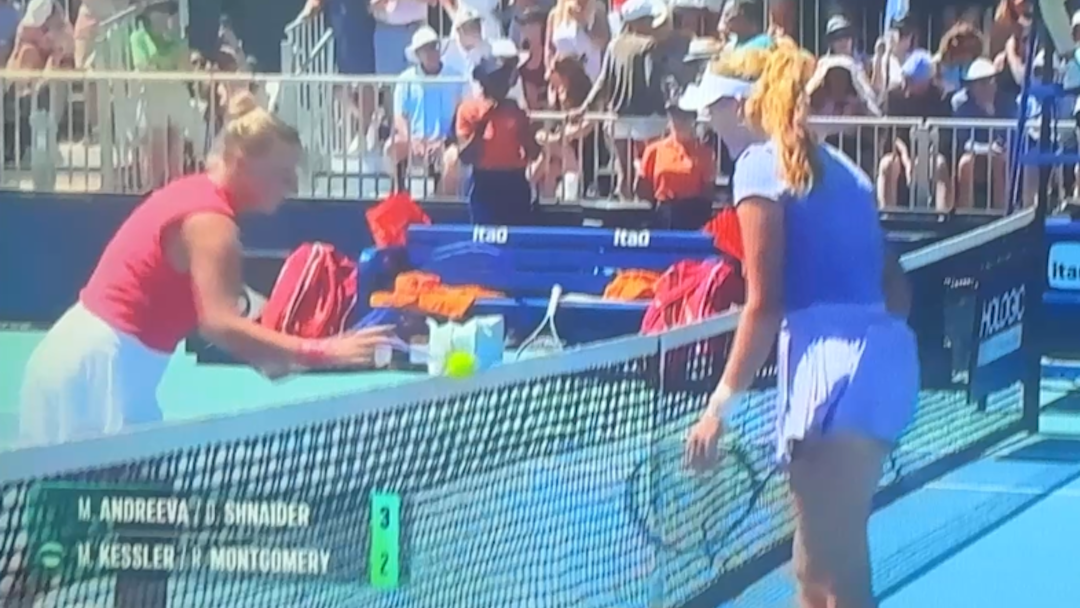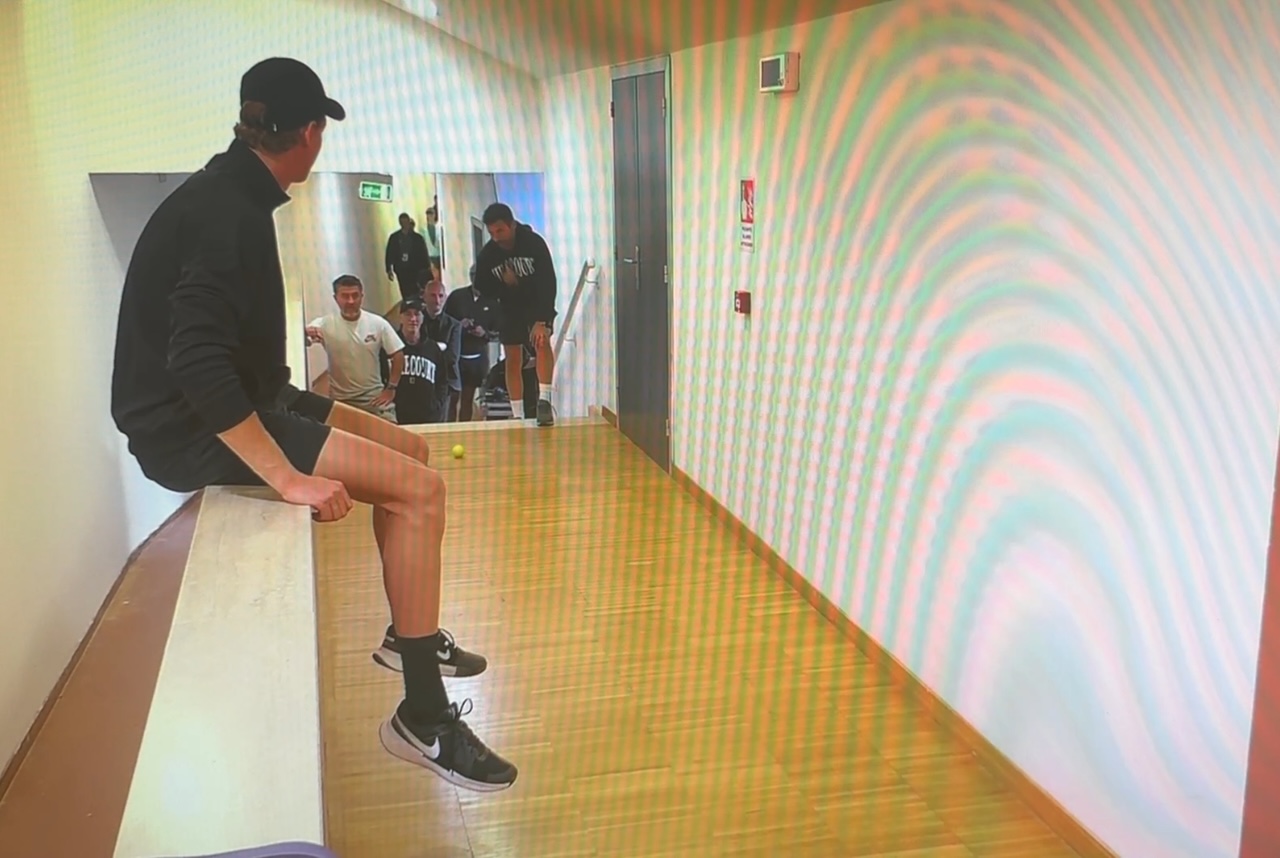Fiend at Court Unplugged
Last weekend the Fiend at Court posted a series of articles with gift suggestions and considerations for tennis players. Mia Poorman submitted a comment to one of those posts with a reminder that people should also consider their local tennis pro shops as a source of valuable guidance when purchasing tennis equipment. Additionally, Mia’s comment serves as a reminder to us all that tennis pro shops are generally locally owned and operated businesses. She raises a valid point.
Mia is the General Manager of the Southlake Tennis Center, which operates a full service tennis pro shop. Their offerings include racquet sales, strings/stringing, clothing, tennis balls, shoes, and accessories. They have multiple options in each of these categories. More importantly, in that facility, you are likely to receive valuable advice and recommendations from the pro shop staff when shopping for tennis equipment.
Buy Local – If You Can
Unfortunately, the Southlake Tennis Center pro-shop is the exception rather than the rule. For every tennis center in the area that provides full services for equipment, I can think of three where the only item for purchase is a can of balls. That fact makes it problematic to recommend that shoppers first consult their locally owned tennis pro shop for recommendations.
Fiend at Court strongly believes that local tennis pro shop should be patronized to the greatest extent possible. A the same time, it is a challenge to make broad stroke recommendations that all tennis commerce start with a local facility. Without canvassing all tennis facilities, the tennis consumer would be hard pressed to separate the full service pro shops in their area from those that basically just coordinate lessons and collect court fees.
Framing the Problem
Throughout the USTA restructuring initiatives ongoing in 2020, there has been a lot of discussion on how to best market tennis to the general consumer. This is an opportunity where the USTA and the Tennis Industry Association can provide some support and assistance to the local pro shops so that prospective consumers can quickly and easily connect with appropriate facilities.
For example, this morning I performed a google query on the phrase “Where can I buy a tennis racquet near me.” What I received in the search results was dominated by the major sporing goods stores, general retailers, as well as the major online tennis retailers. The auction site eBay was also included in the results, which I think would be a horrible place to buy a racquet for newbie tennis consumer.
Considering Solutions
I have no deep insight into the USTA’s development of the forthcoming Serve Tennis platform. I do know that the new service is focused both on the tennis consumer experience as well as making it easier for tennis service providers to market their services.
There is real opportunity to collect information about tennis pro shops in a structured way that makes it easy for consumers to quickly identify which pro shops in their area provide the products and services that they need. If that isn’t already in the development roadmap of the platform, it needs to be added and at a high priority.
I also think there is space for the Tennis Industry Association (TIA) to step up with assistance and insight into online marketing. Sophisticated digital search engine optimization might be beyond the reach of many local facilities. However, at the national level there is no excuse for not having a google query turn up a TIA or USTA service that enables consumers to find local full service tennis pro shops.
Closing Shots
The tennis industry continues to explore how to build tennis participation at the grassroots level. How to engage with the consumer in during the initial equipment purchase has to be front of mind. Purchasing a racquet at a retailer that doesn’t focus exclusively on tennis is not an effective mechanism to hook a prospective tennis player into the tennis eco-system.
Tennis collectively needs to consider how to improve engagement at the time when tennis equipment is initially purchased. The local pro shops are undoubtedly the best resource for making that connection.



